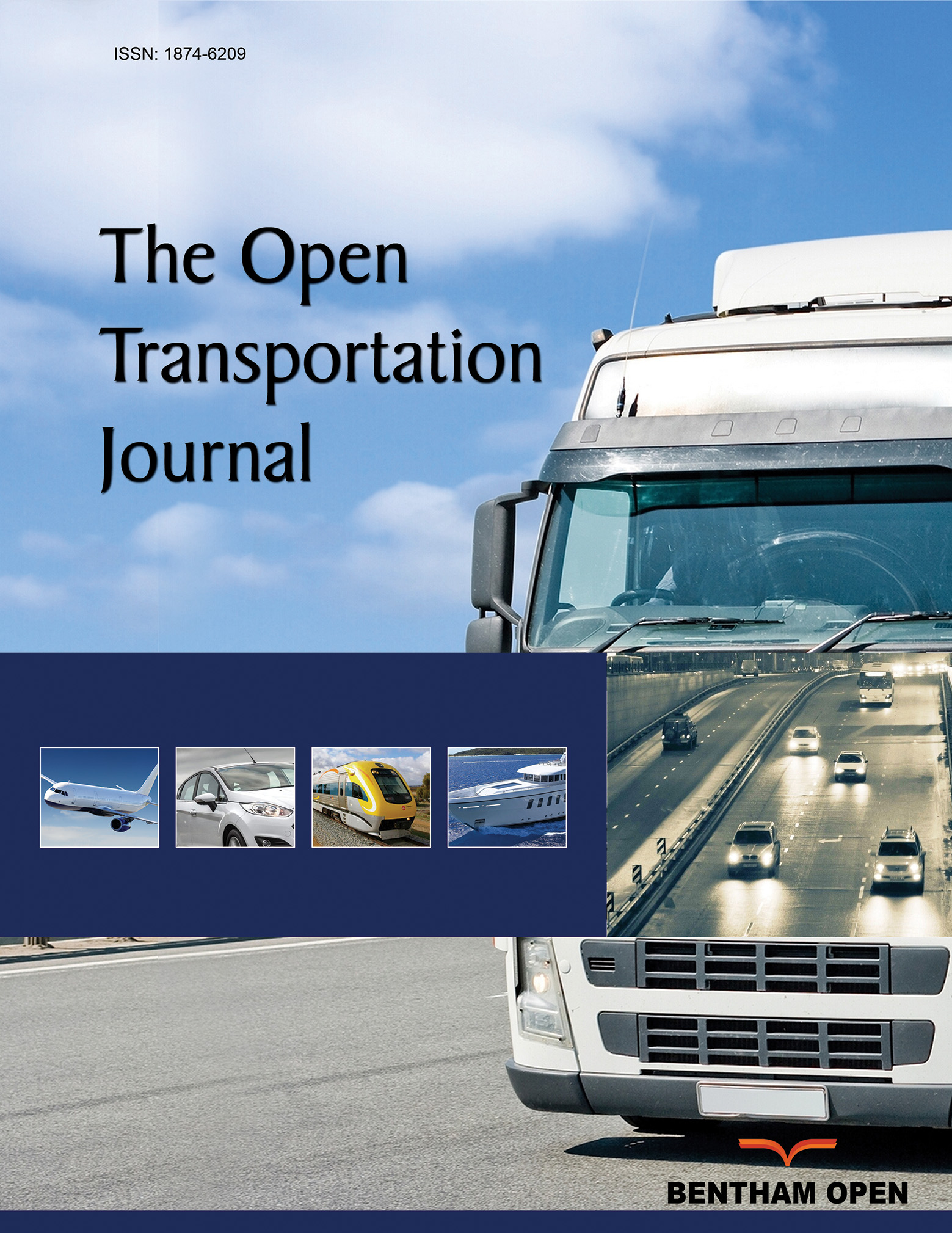All published articles of this journal are available on ScienceDirect.
Power-Law Congestion Costs: Minimal Revenue (MR) Pricing and the Braess Paradox
Abstract
We describe a simpler proof for Calvert and Keady's (C-K) theorem showing the non-occurrence of the Braess Paradox in networks with power-law congestion costs. We extend the C-K theorem to the case of elastic demand. We then use the methods of these proofs to develop several new theorems about the optimality of flows and the piecewise stability of Minimal Revenue (MR)Tolls in transportation networks with power-law congestion costs, with and without fixed costs. The stability of MR tolls is an important attractive feature. For administrators it makes the tolls cheaper to collect. For users it makes the tolls more predictable.


